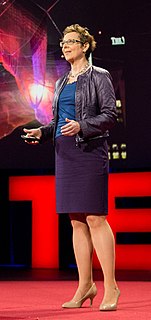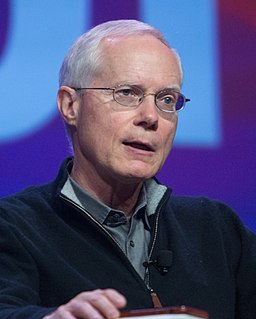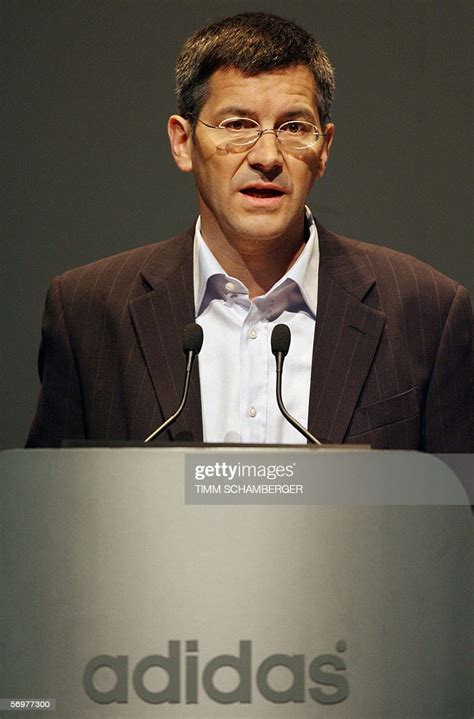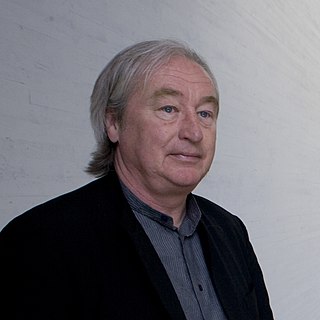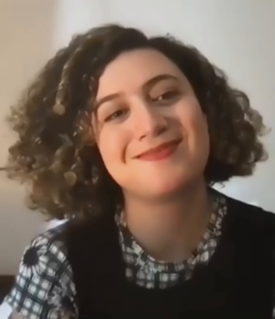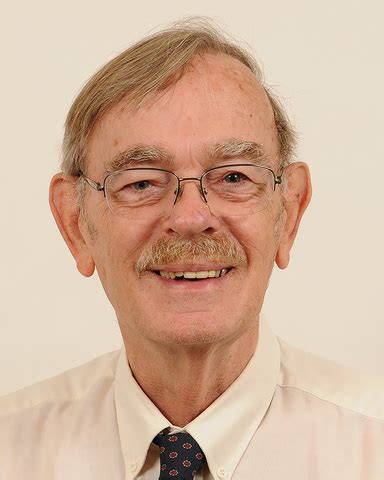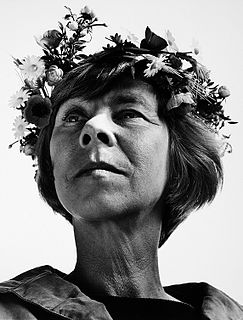A Quote by Janet Echelman
When developing an idea, I remind myself not to start with compromise. I envision the ideal manifestation of the idea, as if I had no limits in resources, materials, or permission.
Related Quotes
We make it easy for anyone to get free resources. Anyone can launch an idea for five minutes. Anyone can comment on, add, and enhance the idea. Need a designer? We provide an entrepreneurial matching system without the bosses getting involved. And in terms of unstructured time, we have a permission for that.
There are times when we in Little Dragon write from scratch together, but everyone has their own lives, so it just seems to make sense when everyone starts an idea on their own and we sort of meet somewhere along the way. I'm at the studio all the time because I live there, but the guys will have different schedules. It's easier to start an idea with your own thoughts, rather than having to compromise from the start.
When I'm meditating on an idea, I try to let the idea completely saturate me to the point where I feel like I'm covering myself in it or totally immersing myself in it, so that everywhere I'm looking, everywhere I'm going, it's through the lens of that idea. And that's sort of what I do with the music - I try to lose myself in it.
I think the very idea of character, of developing not just grit, but empathy and curiosity, emotional intelligence - you know, the things that I want my own daughters to develop - the idea that we're going to get there through rewards and punishments seems completely at odds with the idea of character itself.
Chemistry has the same quickening and suggestive influence upon the algebraist as a visit to the Royal Academy, or the old masters may be supposed to have on a Browning or a Tennyson. Indeed it seems to me that an exact homology exists between painting and poetry on the one hand and modem chemistry and modem algebra on the other. In poetry and algebra we have the pure idea elaborated and expressed through the vehicle of language, in painting and chemistry the idea enveloped in matter, depending in part on manual processes and the resources of art for its due manifestation.
